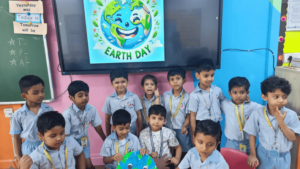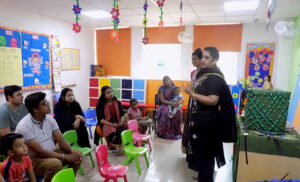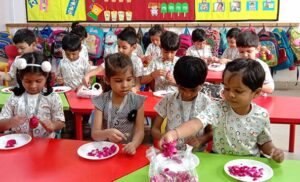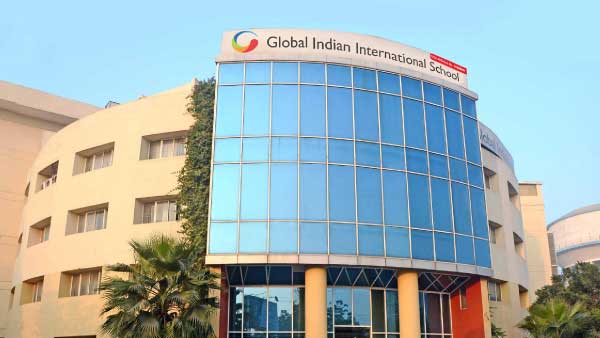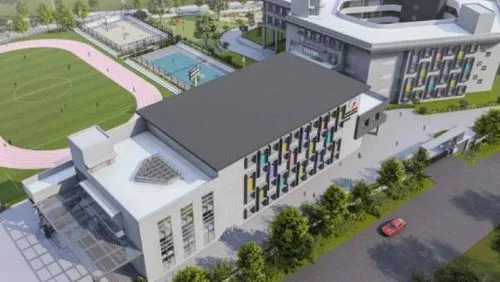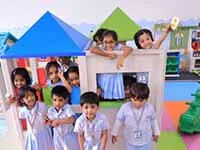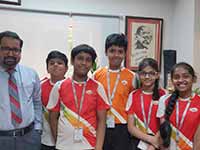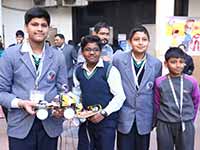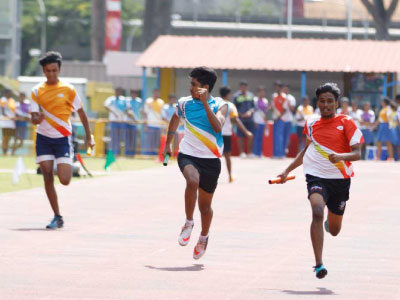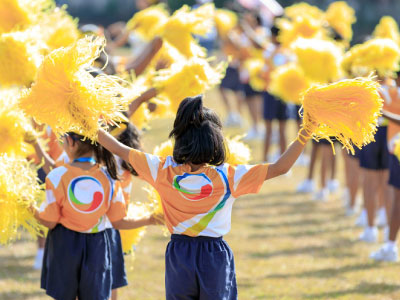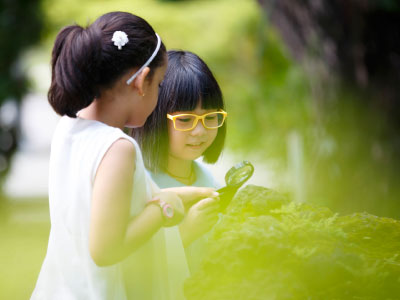Download our FREE Academic Calendar now! 📚 Start your child’s journey to success.
It’s easy to talk about saving the planet. But, it’s harder to demonstrate exactly how to do it. One thing is sure, with almost 380 million metric tons of plastic being produced annually (UNEP), learning sustainability can no longer be limited to a single chapter in textbooks. It should be integrated into the daily activities of students.
Earth Day 2025 presents schools with a unique opportunity to plant seeds of habits and aspirations that can flourish even in the face of the largest environmental challenges. Let’s see how schools can lead the way towards a cleaner, more sustainable world.
What Are Green Innovations?
Green innovations refer to innovative solutions that are meant to save the planet while improving the lives of all living organisms. It is, in fact, a concept that shows a more intelligent and responsible way of life.
Environmental Education and Student Involvement
Students are naturally curious, and when schools blend environmental learning with real-world experiences, that curiosity turns into meaningful action. Environmental education has evolved far beyond textbooks—it now thrives on hands-on involvement and active exploration. Today, student engagement takes many forms:
- Green clubs and environmental committees in which students are involved in leading sustainability efforts on campus.
- Community outreach projects in which students teach the greater community about sustainability.
- Participation in special competitions on Earth Day that challenge students to design new solutions to environmental issues.
- Student eco-clubs plan clean-up events, poster campaigns, plastic-free days, and so on.
- This movement towards active environmental stewardship is beginning earlier than ever. Many pre schools in Noida are laying the foundation for eco-conscious behaviour by encouraging simple eco-friendly habits like carrying reusable water bottles, cutting down on food waste in the cafeteria, and carpooling to school.
All of this helps students feel that they can make a difference. And when these activities connect to something bigger—like Earth Day 2025—it feels even more meaningful. They’re not just learning; they’re part of something the whole world cares about.
Curriculum Integration
Actual environmental change occurs when sustainability is integrated into everything students study. It lets them understand the complex nature of environmental issues. So, schools are now integrating sustainability themes into many subjects/courses:
- Science: Lessons on renewable energy and ecosystems often include assignments that involve calculating carbon footprints.
- Maths: Students are taught to interpret energy consumption data and quantify waste reduction.
- Language: Writing persuasive essays on environmental topics to develop a stance on sustainability.
- Social studies: Studying environmental policies and learning about international cooperation on climate issues.
- Arts: Creation of upcycled art to let students convey environmental messages through visual media.
Fortunately, many international Montessori kindergarten schools are leading the charge in this regard by incorporating age-relevant sustainability concepts at early school levels, allowing students to think critically and act responsibly from early on.
Long-Term Impact
When children are taught about green innovations from an early age, the impact seeps into families, communities, and even professional careers. Significant long-term contributions include:
- Kids carry new practices into families like energy saving and waste recycling.
- Working knowledge of green innovations exposes children to the employment possibilities available within the growing industries of renewables, sustainable construction, conservation work, and policy formulation around issues related to the environment.
- Students learn to adapt to the fast-developing green economy, which is estimated to generate 24 million new jobs worldwide by 2030, as indicated by the International Labour Organization.
- Lead future organizations with a sustainability-first approach.
How does GIIS Noida Support Sustainability?
Many good schools in Noida,including Global Indian International School (GIIS), are doing a great job by initiating environment-friendly habits in the early years of education. GIIS has dedicated student-managed organic gardens to foster healthy food consumption and a stronger relationship with nature.
On top of that, GIIS Noida integrates environmental studies across all subjects with project-based learning opportunities. Most of them address real-world issues such as climate change, conservation, sustainable development, etc.
The school also keeps conducting environment-focused events from time to time. Recently, they commemorated Earth Day 2025, where the students created productive eco-bricks from daily plastic waste. Projects such as these make environmental education entertaining and meaningful to the young minds.
Also Read: Developing Care for the Environment: Practices for Sustainability in Schools
Conclusion
Real change doesn’t always start in offices—it often begins in schools, where young minds discover that even their small, everyday choices can make a big difference. That’s why schools are the perfect place to nurture green thinking and spark innovation.
As parents and educators, we face a powerful choice: do we prepare our children for the world as it is, or do we empower them to imagine and create the world as it could be? By bringing green innovations into education, we’re choosing the latter. Join us on this journey—because building a better tomorrow starts today.

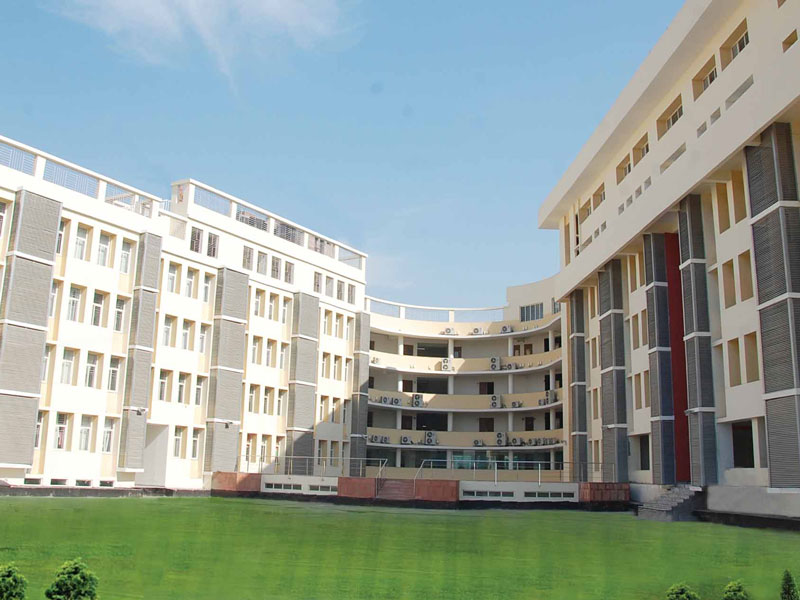 Noida Campus
Noida Campus



